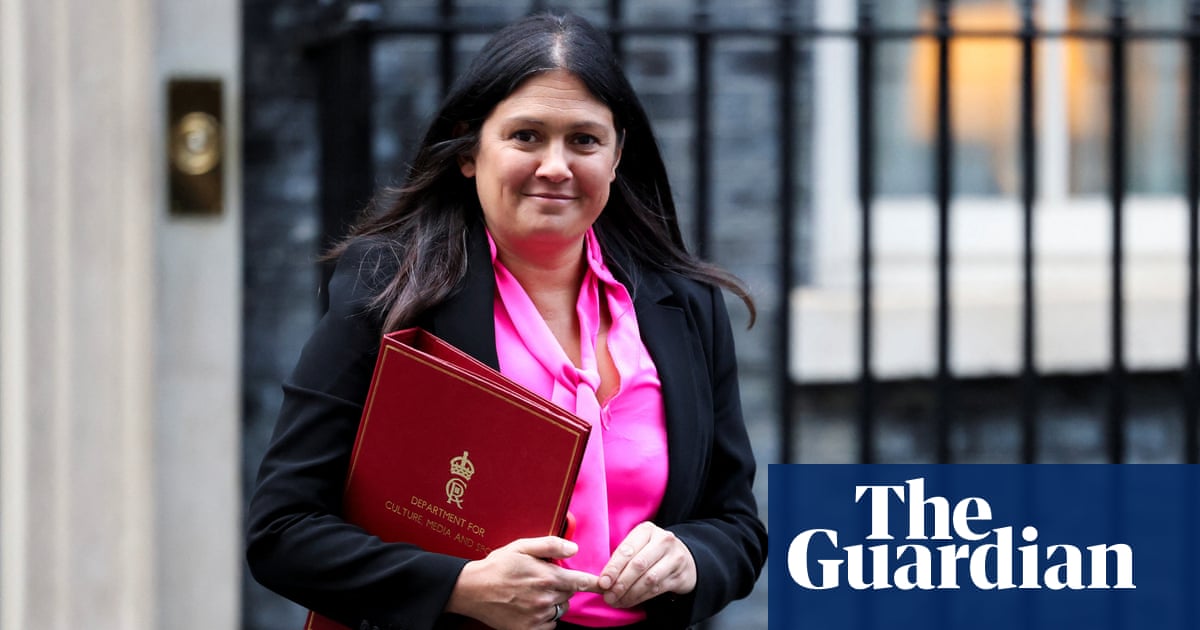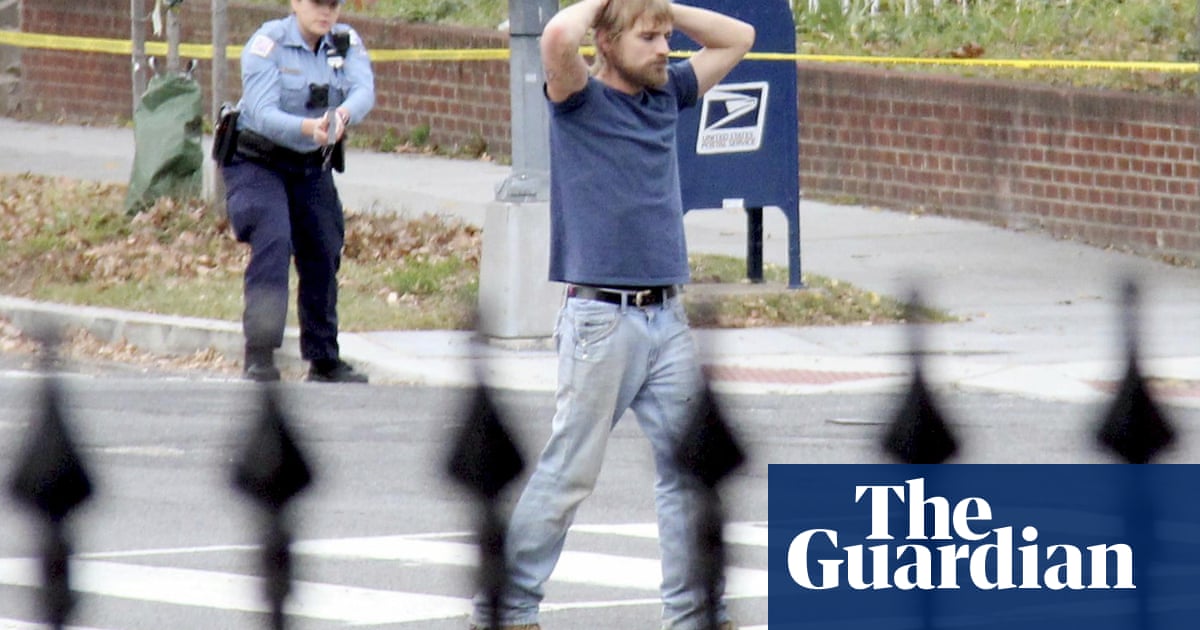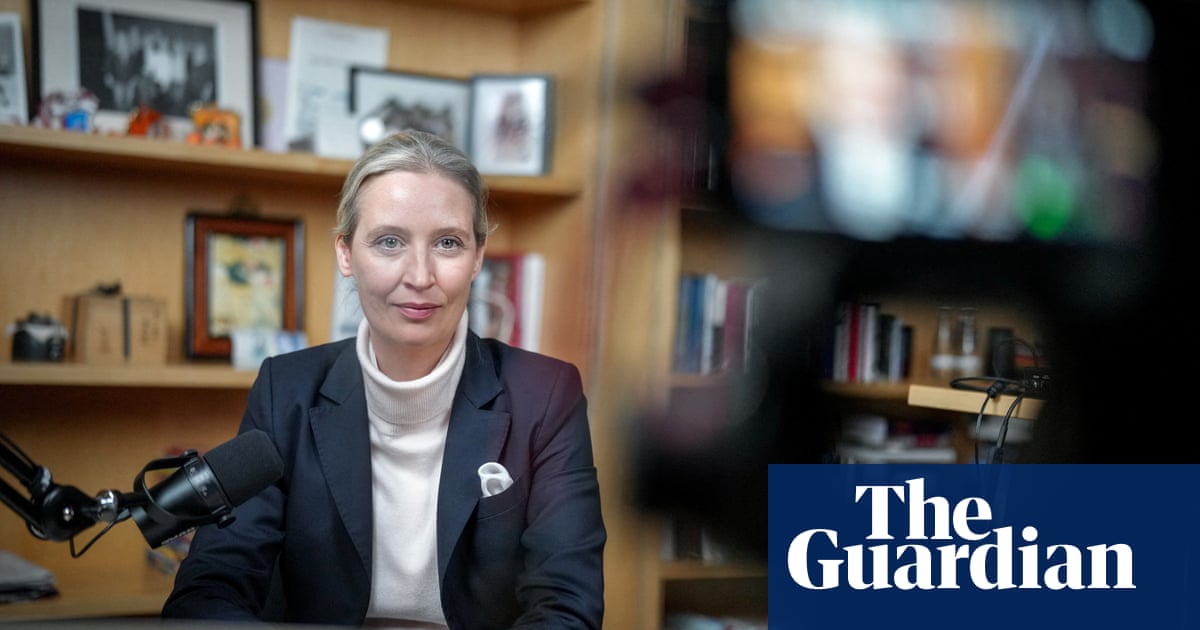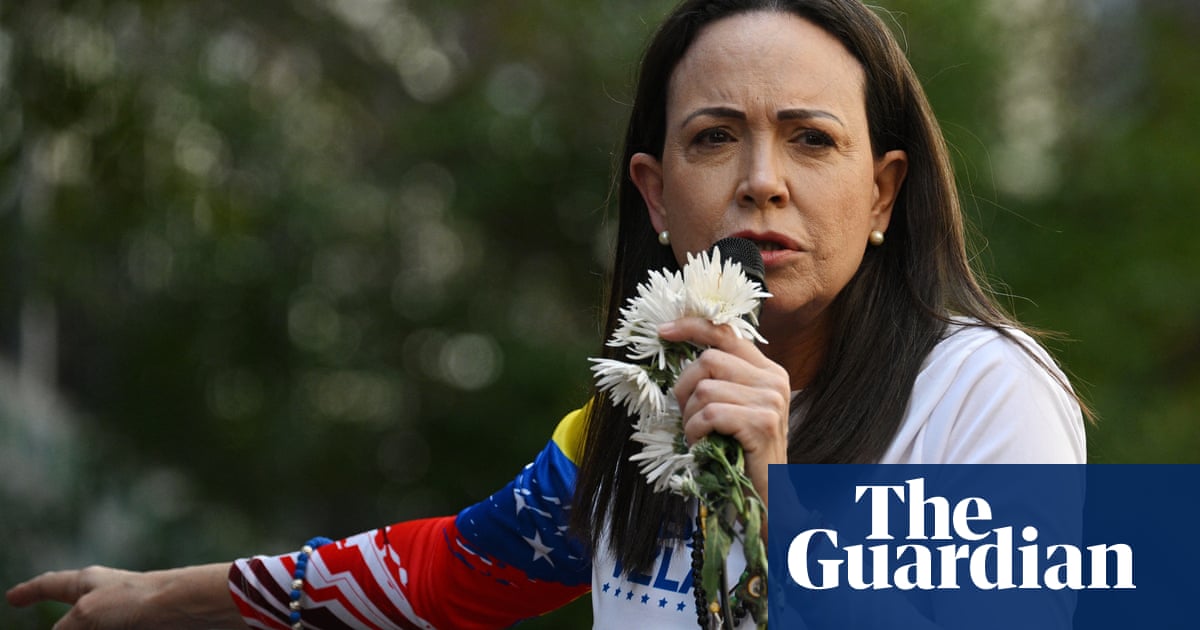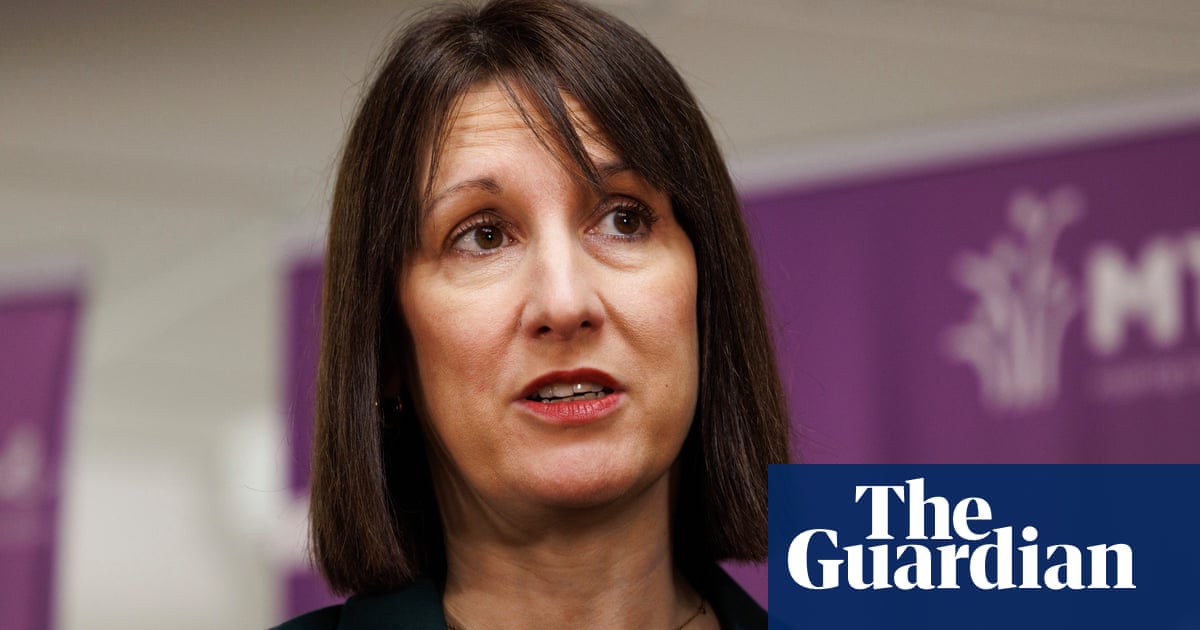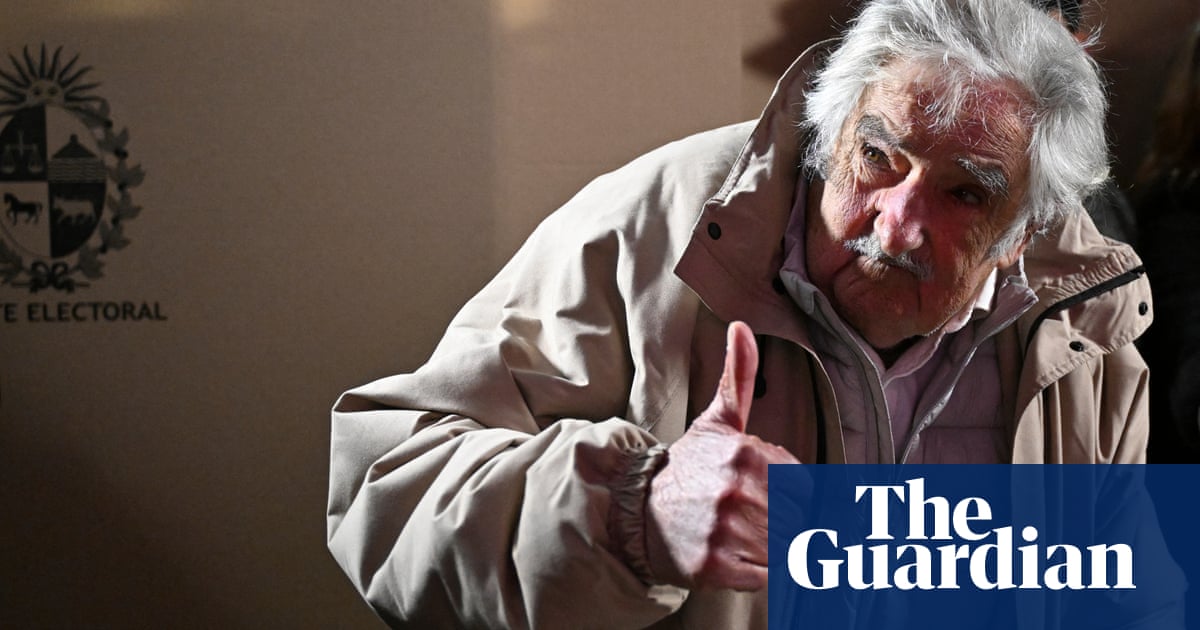Musical invocations of Englishness can mean anything from Elgar to Davey Graham to the Sex Pistols. They can be nostalgic and pastoral, mournful or dystopian. In classical settings, “Englishness” often translates as something tweedy and bucolic, inspired by modal folk music and suspicious of continental experimentation. On this album, five contemporary British composers write music inspired by the South Downs near Brighton, and all seem palpably “English” in some way. Yet all defy tradition, and many link with broader trends in jazz and the avant garde.

Many of these pieces draw from written sources, sung by Rachel Farago. Shirley J Thompson provides minimalist backing for a 1773 poem about the English countryside by the African American writer Phillis Wheatley. Evelyn Ficarra sets an abstract verse by modern-day Brighton poet Valerie Whittington to a terrifying orchestration inspired by the chirruping of larks. Ed Hughes’s epic Sky Rhythms uses a 1937 diary entry from the Mass Observation Archive, with a twitchy orchestral accompaniment that’s pitched somewhere between Michael Nyman and Henry Cow.
Other invocations of Albion are more abstract. Matthew Sheeran (brother of Ed) arranges a rather lovely 14th-century flute-led melody, backed by violin and clarinet. A Ficarra piano piece repeats a haiku-like phrase until it starts to resemble a demented piece of birdsong. Another Thompson composition, a solo rumination on a pentatonic scale performed by flautist Rowland Sutherland, was written in honour of Nelson Mandela but in this context it sounds like an extended Vaughan Williams cadenza. The climax of the album is Hughes’s 26-minute symphonic tone poem, inspired by Milton’s Paradise Lost.
This is a very varied selection – a Quality Street assortment of different trends in contemporary composition, with composers taking their cues from 10 centuries of music history. Yet all share a curious sense of yearning and a fractured beauty that turns this 10-track compilation into something of a unified song suite.
Also out this month
Beatrice Dillon is best known for her work with electronics but the inaugural release on her new label HI, Seven Reorganisations, is a piece arranged for chamber sextet, where the strings, woodwind and piano of the Explore Ensemble seem to replicate the quizzical, microtonal properties of her work for synthesisers.
Violinist Sarah Neufeld, cellist Rebecca Foon and double bassist Richard Reed Parry, three leading lights in Montreal’s indie and experimental scene, collaborate on First Sounds (Envision Records) a series of shivery, atmospheric, echo-drenched neogothic miniatures.
It Was Always Time (We Jazz), is a tremendous and unlikely duo between Brooklyn-based baritone saxophonist Jonah Parzen-Johnson and Turkish percussionist Berke Can Özcan – an arresting tangle of minimalist electronic drones, rumbling drums and modal jazz sax freakouts.

.png) 2 months ago
14
2 months ago
14

